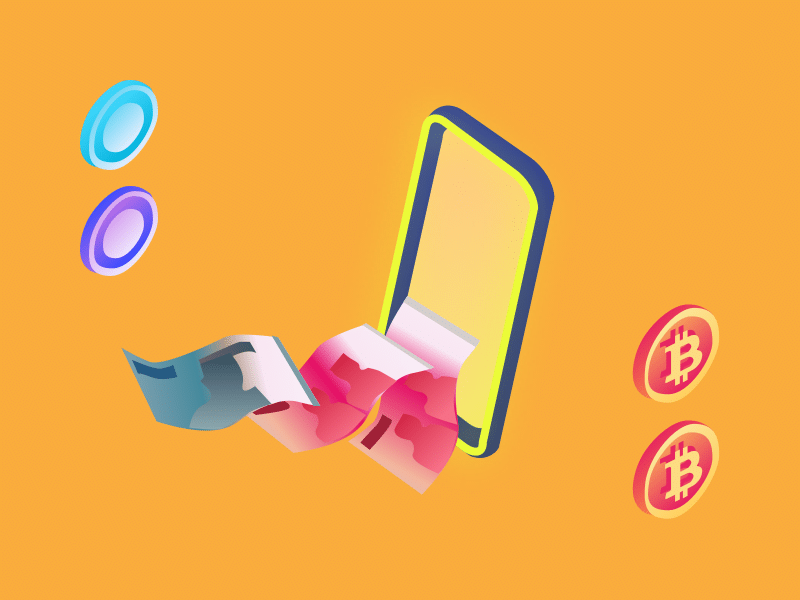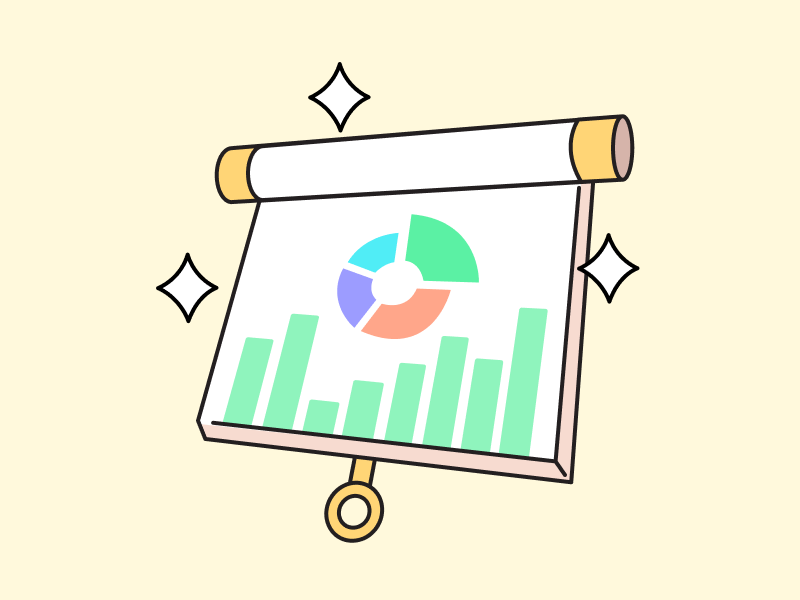Bitcoin vs Digital Money

What is digital money?
Digital money is money stored in a computer. Digital money is not tangible like physical cash or coin. Digital money is purely numbers stored as account balances inside computer databases. Digital money exists in many different forms: bank balances, credit card balances, e-cash, e-wallets, cryptocurrency, or vouchers. Sometimes digital money can be withdrawn and converted into cash.
Digital money was started during the internet age. When more people are using the internet, people are getting more comfortable using digital monies. Paypal is one of the most successful companies that enables digital money transactions. In Indonesia, we have GoPay, Flazz, Ovo, Shopee Pay, and many more e-wallets that act as digital money.
The differences between digital money and bitcoin
Digital money is just a representation of fiat money, therefore its characteristics are the same as fiat money. The most important distinctions between digital money and bitcoin are from their supply, the way they are organized, and the technology behind it.
| Characteristic | Digital Money | Bitcoin |
|---|---|---|
| Supply | Unlimited, depending on Central Bank | Limited |
| Transaction limit | Limited by banking system / network | Unlimited |
| Settlement | Days or weeks | 10-60 minutes |
| Fees | Multiple fees, sender banking fees, merchant fees, recepient banking fees. The fees are fixed by the providers | On a wallet, users can determine the fees they are willing to pay miners. Higher fee = bigger chance miners will add your transaction into next block |
| Type of organization | Centralized | Decentralized |
| Technology | Fedwire, ACH, SWIFT, etc | Blockchain |
Centralised vs Decentralised
Before the invention of Bitcoin, all digital money is just a representation of fiat money that requires trust in a centralized party/authority. Centralized digital money providers operate in silos. Each company manages their own database and each bank also manage their own database. This is why the settlement will take days or weeks. When you use a service like Paypal or Venmo, you rely on a third-party to authorize your transaction. There is also a possibility where your funds will get frozen if the services suspect your account is fraudulent.
Bitcoin is decentralized, everyone can access the database and check the transactions. With Bitcoin, no one can stop you from doing a transaction. Once the payment has been broadcast there is no way to reverse it.
Settlement
Normally digital money process is divided into two: The authorization process and the settlement process. Let’s take a look at Paypal as example. During the authorization process, if someone wants to pay for goods or services using credit card through Paypal, the Paypal system will contact the customer’s bank to check if this person has enough credit to pay for the merchants’ goods or services. If the customer does have enough funds then the bank issuer will approve the transaction – otherwise the bank will then reject it.
The second process is the settlement process, where the card issuer will send funds to the merchant and then deposited them into the merchant’s bank account. This settlement process can take days or weeks. That is why sometimes there can be fraud credit card transactions.
This delay between authorization and settlement does not exist in Bitcoin. Bitcoin transaction authorization and settlement happens instantaneously, and the settlement only needs about ten minutes to one hour of block confirmation time.
Fees
Each digital money provider will charge service fees to process your transaction. Each provider will charge a different amount depending on their pricing structure. They can use percentages of the transaction amount, extra percentages from the user credit card transaction fee, another extra percentage from the merchant’s credit card transaction fee. These fees can add up quickly and make transactions costly.
If you use bitcoin, you also need to pay fees to miners to process your transaction. The fees depend on the network traffic and also the transaction amount. The fees are counted with this formula: Fees (Satoshi/byte) x Size (byte). You can check the fees on mempool.space. The number of bitcoin fees you pay will determine how fast or slow your transaction is going to be processed in the blockchain. In some wallets, you can determine your own fees.
Limit
When you use a service like Paypal, you can see that the amount of money that you have in their system. Paypal becomes the custodian of your money and service like Paypal usually limit the amount of money that you can send, receive or withdraw.
With Bitcoin, there is no limit to how much money you want to send or receive to/from the other person. You can send 1 billion dollars with low fees. Since it is also permissionless, no one can stop you to send that money.
Conclusion
Digital money providers like Ovo, Go Pay, Paypal or Shopee Pay provides convenience to its user to receive and send money within one country. However, most digital money services doesn’t provide privacy as better as cryptocurrencies like Bitcoin. Cryptocurrency such as Bitcoin enables easy cross-border transactions, especially when you want to send a big amount of money with low fees.
Share


